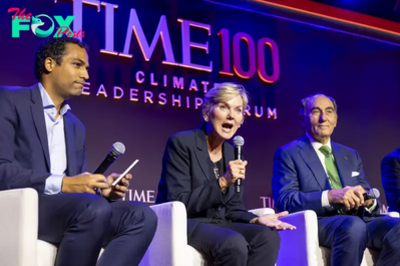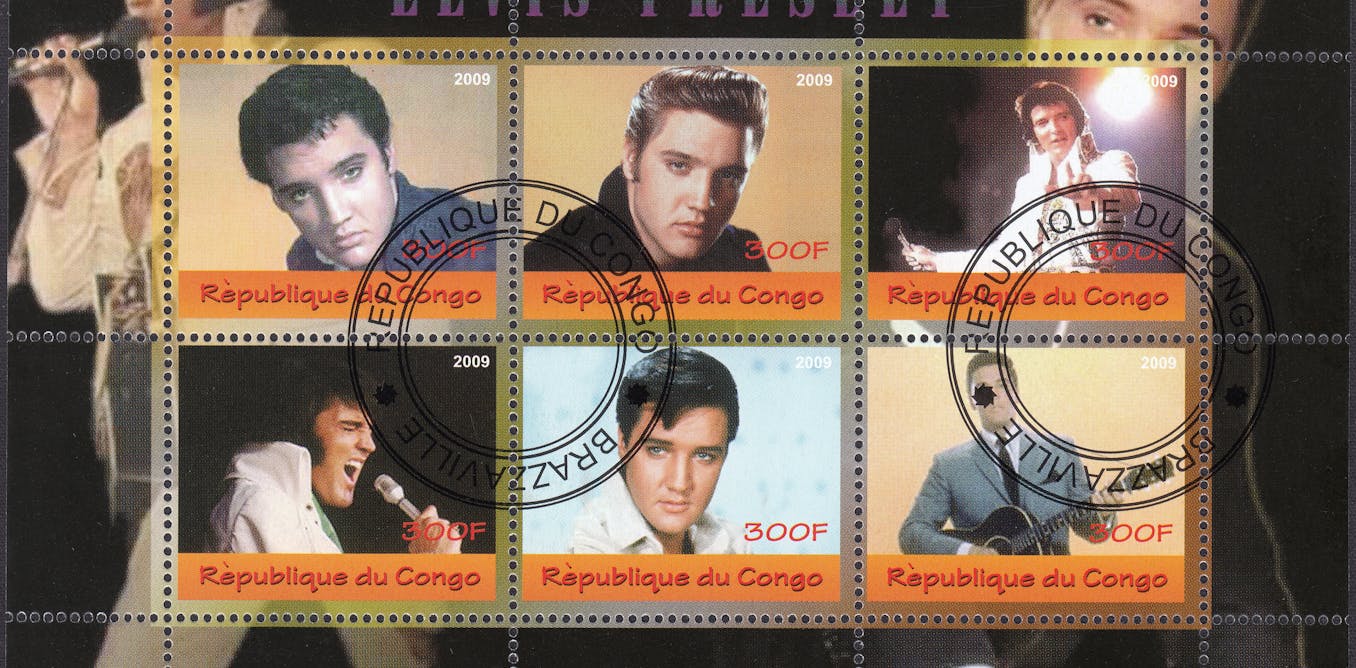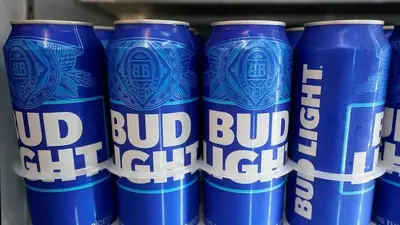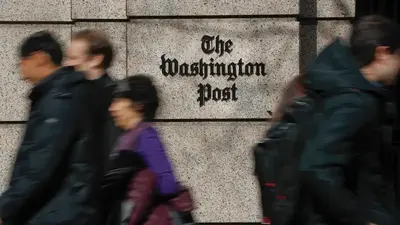Business
Sales slumps at Target and Bud Light may fuel more boycotts, experts say
Target's sales declined over a three-month period for the first time in six years, the company announced last week, attributing the loss in part to what the company's Executive Vice President Christina Hennington described as the "strong reaction" to its Pride month display.
An anti-LGBTQ boycott against Target erupted in May over the company's Pride merchandise, prompting it to remove some items from stores after employees faced harassment.
The sales dent at Target marks the latest sign of success for rightwing consumer activists following the monthslong slump for Bud Light that coincided with a boycott over a product endorsement from trans influencer Dylan Mulvaney.
Consumer boycotts typically fail but the recent protests have thrived in a contentious cultural moment steeped in political division, exacerbated by the onset of the 2024 presidential election and supercharged by social media, experts told ABC News.
Moreover, the successes could fuel further attempts, emboldening anti-LGBTQ activists and imperiling companies, they added.
MORE: Big business mulls approach to Trump bid after opposing 2020 election lies
"In a hyper-partisan environment, where it's easy to iNFLame passions, people are eager to take their effort in some direction," Maurice Schweitzer, a professor at University of Pennsylvania's Wharton School of Business who studies consumer movements, told ABC News.
"This has become a cultural battleground," Schweitzer added. "I expect them to try this more."
Target faced a wave of criticism among conservatives in May when anti-LGBTQ backlash nationwide boiled over into a boycott of the company and reported employee harassment.
Comparable sales fell 5.4% over the three months ending in June compared to the same period last year, a Target earnings release showed. E-commerce sales plunged 10.5%, the data said. Still, the company's profits exceeded analyst expectations.
On an earnings call on Wednesday, Christina Hennington, executive vice president and chief growth officer at Target, said the company is weighing changes to its Pride display in response to the protests.
"Our goal is for our assortment to resonate broadly and deliver on the Target brand promise," Hennington said. "In this case, the reaction is a signal for us to pause, adapt, and learn so that our future approach to these moments balances celebration, inclusivity, and broad-based appeal."

Echoing the sentiment, Target CEO Brian Cornell said on the call: "Specific to pride and heritage months, we're focused on building assortments that are celebratory and joyous with wide-ranging relevance, being mindful of timing, placement and presentation."
Target did not immediately respond to ABC News' request for comment.
In a statement that followed the onset of anti-LGBTQ backlash, in May, Target said it removed some products from this year's Pride collection because the company "experienced threats impacting our team members' sense of safety and well-being while at work."
"Our focus now is on moving forward with our continuing commitment to the LGBTQIA+ community and standing with them as we celebrate Pride Month and throughout the year," the company said in the statement.
Gerald Davis, a professor of management at the University of Michigan Graduate School of Business who studies consumer boycotts, said a possible policy shift would energize anti-LGBTQ activists.
"If the company caves and boycotters claim the scalp, you'll see more of it," Davis said.
During recent boycotts against Anheuser-Busch and Target, the protests gained momentum after the initial response from the company was perceived as conciliatory by some LGBTQ advocates, prompting frustration on the left, Davis added.
U.S. sales at Anheuser-Busch declined by more than 10% over the three months ending in June compared to the same period last year, according to the company's earnings report released earlier this month. Meanwhile, Anheuser-Busch's core profit in the U.S. fell by more than 28%, the fresh data showed.
"They were getting backlash from both sides because they didn't stick to their principles," Davis said.
MORE: Middle fingers, complaints: Workers caught in culture wars face harassment
To be sure, the decline in Target sales owed in part to factors separate from the consumer boycott, analysts said, such as a post-pandemic shift toward buying services instead of goods and consumer fatigue amid persistent inflation.
"Retail itself is going through a transformation," Vanitha Swaminathan, a professor of marketing at the University of Pittsburgh, told ABC News. "You have to be careful to not coNFLate correlation with causation."
Swaminathan noted, however, that political polarization has thrust corporations into the crosshairs of heightened consumer scrutiny.
"We have changed as a society," Swaminathan said. "We're more divided now than we were previously. These divisions are being starkly exposed through these boycotts."
The effectiveness of recent boycotts elevates them as a viable political tool, fueling a cycle of further use that could deliver additional proof of success, Victor Asal, a professor of political science at the University of Albany who studies extremism, told ABC News.
"Successful political mobilizations can often lead to more," Asal said. "This isn't going away anytime soon."
-

 Business9h ago
Business9h agoRegional Food Bank Transitions to New 46,000-sq. ft. Distribution Center
-

 Business20h ago
Business20h agoPopular Wallkill Chocolate Shop Makes New York Advent Calendar
-

 Business1d ago
Business1d agoHow the U.S. Energy Department Reorganized to Champion Clean Energy
-

 Business1d ago
Business1d agoMeet Orange County’s Outstanding “5 Under 50″ 2024 Honorees
-

 Business3d ago
Business3d agoUS government tries to rein in an out-of-control subscription economy
-

 Business3d ago
Business3d agoACCA Cymru/Wales on the Autumn Price range
-

 Business5d ago
Business5d agoTrendy Beacon Hemp/CBD Shop Now Closes Storefront
-

 Business5d ago
Business5d agoWhat is necro-branding? And what’s it got to do with Elvis, Princess Diana and Taylor Swift?

























